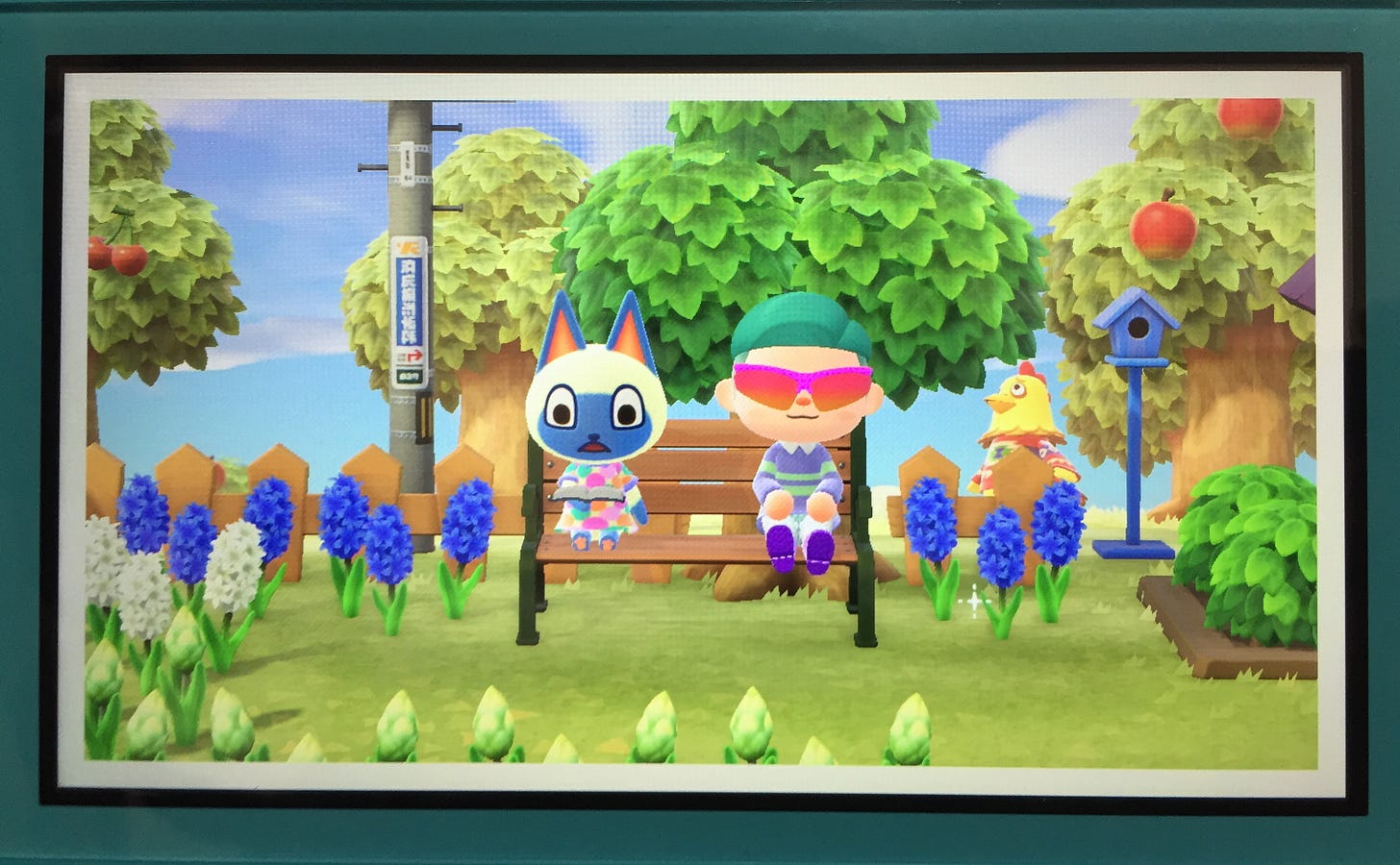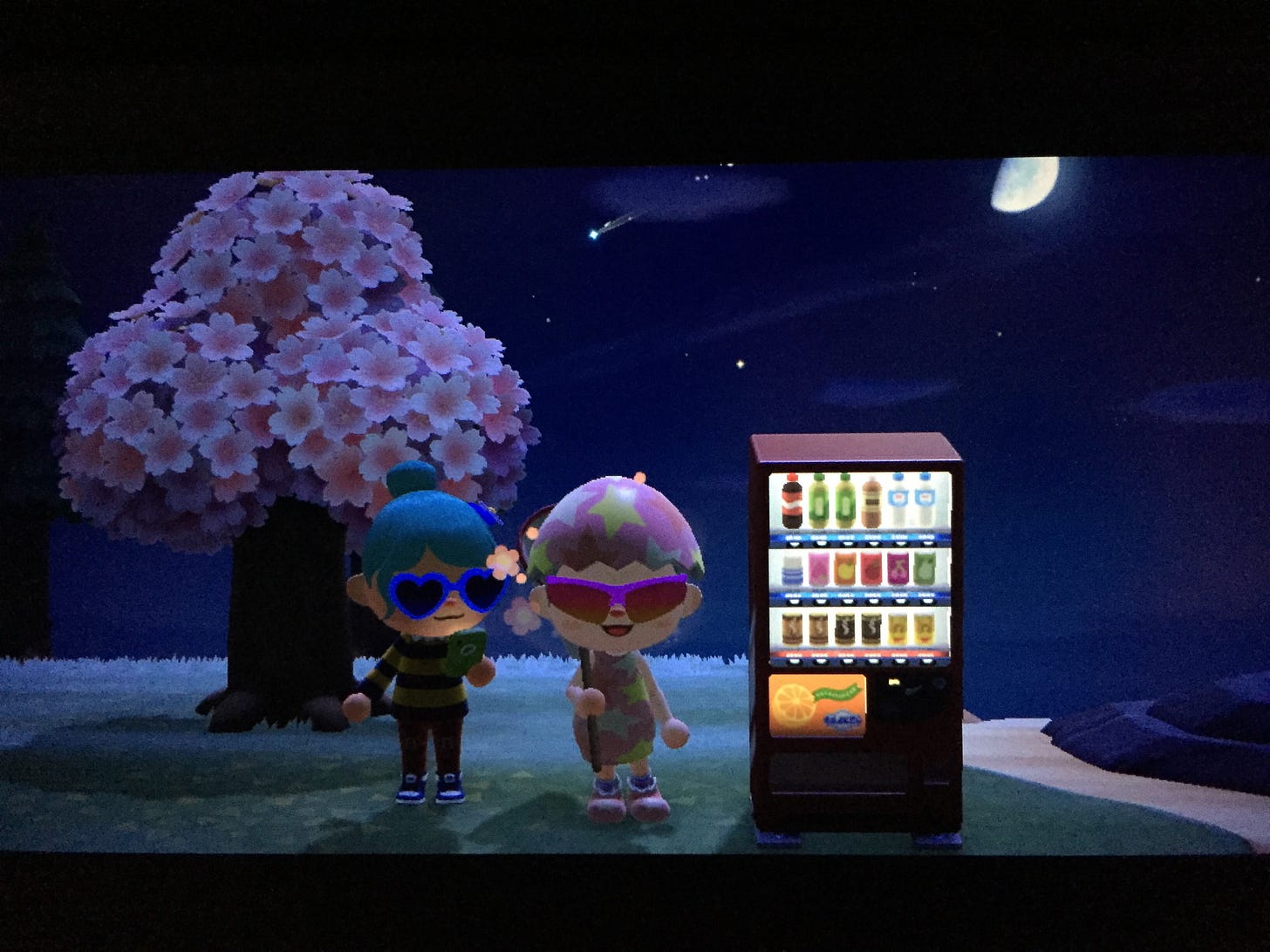On a recent episode of the consistently excellent Plain English podcast, host Derek Thompson spoke to the economist Bryce Ward about the ‘friendship recession’ that America has been experiencing for the past several years. Essentially, multiple studies show that time spent alone – by all Americans, regardless of demographic – has been rising sharply. And this trend started well before the world-famous Coronavirus came to town.
Their conversation lasted about one hour, but I would have gladly listened to them theorize on this topic for several more. Alone, of course, with my noise-canceling earbuds in. Hoping nobody would disturb me.
This phenomenon isn’t limited to America. ‘Ohitorisama’ culture is a thing, in Japan. Single-person households in Europe increased by nearly 30% over the course of the last decade. It’s harder to find data about countries in the southern hemisphere, so I’m not saying this is a global trend, but it is affecting a lot of people.
Toward the end of the pod, Ward mentions feeling queasy when he first started noticing these statistics. Americans are spending fewer and fewer hours per week in the company of other human beings. And I think ‘queasy’ is the perfect word to describe how it feels, realizing that the members of our inherently social primate species are increasingly choosing to isolate. It implies, to me, that our gut feeling about ourselves is that we belong together—that togetherness is part of what’s made us, historically, who we are. We take in the realization of our newfound chosen aloneness with a kind of creeping dread. We’re clearly doing this, but should we be?
It's dangerous to talk about ‘should’ when it comes to people, so I won’t do that.
We can talk about ‘why,’ and the podcast does a good job of that. Clearly, the rise and eventual omnipresence of high-speed internet combined with everyone having (or wanting) at least one HD screen in their pocket at all times are contributing factors. Are they the causes, though? We don’t know.
We can also talk about what activities people are devoting their ample alone time to. Thompson and Ward make the data-assisted assumption that everyone simply got tired of fighting with their friends and family about what to watch on TV. We all have our own TVs now.
What’s admirable is that Thompson and Ward acknowledge that aloneness does not equal loneliness. We can imagine that introverts are currently living in a kind of paradise. And even extroverts in previous decades surely spent more time with people they only sort of liked, partially because they simply didn’t have the option of streaming every episode of Evangelion on their phone while pretending to pay attention to a Zoom meeting and waiting for their Uber Eats order to arrive.
Baby Animal Game Animal Crossing rose to global acclaim on the Nintendo Switch during the pandemic, but it’s a long-running series that hasn’t changed dramatically since its first installment in 2001.
In it, players are challenged with the task of beautifying and building a small community of anthropomorphized animal buddies, who all hang out with each other constantly, but only hang out with the player when directly invited to, or when specific gameplay conditions are met.
For the most part, players are left to perform volunteer labour for the benefit of a small group of animal buddies, so that they can have a happy time, together. But the player’s avatar cuts a solitary figure. Whenever engaging in the Animal Crossing economy, shaking bugs out of trees or fishing old boots out of streams, it’s a solo endeavour.
The latest iteration of Animal Crossing allowed players the option of inviting other, human-controlled friends to their carefully-tended towns, through online play. And although Animal Crossing is, for the most part, a smooth and meditative experience, with lots of rewarding little secrets to uncover, it sort of throws its hands up in the air when a friend-controlled player comes to visit. It’s as if it doesn’t know how to support two (or more) people being in the game at the same time. Communicating directly is a cumbersome chore, done either via laborious text entry or a series of abstract gestures. Many of the usual volunteer community service tasks cannot be performed until the visiting friends return home.
Even when animal buddies do come over to visit, they just sort of stand around, swaying their arms gently, as if waiting to be invited to do something. There’s just… nothing to invite them to do. In fact, the player can’t accomplish much of anything until their guest has gone. Leaving them, once again, alone.
The World Cup of soccer in Qatar has been shrouded in layers of controversy practically since it was announced. Yet, despite the well-documented human rights abuses and empty vows from your most woke coworker that they wouldn’t watch a minute of it, it’s got the rapt attention of millions. There’s something compelling about it.
We humans need a reason to be together. Apart from going to work – which many of us would opt out of entirely if given the opportunity – we haven’t got compelling reasons to be together. But here, on the field of play, are 11 passionate and melodramatic players who absolutely need one another in order to succeed. Their chances of victory hinge on their ability to perform as a unit.
Many World Cup watchers, myself included, do not pay attention to soccer at all, except for that one important month out of every 48.
Maybe it’s not the soccer we’re excited about, but the extreme togetherness on display.
Has togetherness shifted from survival tactic to spectacle? Do we look at it now as a virtuosic skill, too time-consuming or luxurious or exclusive to pursue for ourselves?
Could it even be a dwindling resource, like so many of the others we’re so avidly depleting? What if we’re in the process of forgetting how to be together? Or outgrowing it?
Huddling together for warmth and comfort is a part of our collective heritage. We needed to do it, to protect ourselves from the elements, and our predators. But the elements don’t pose as much of a threat to a lot of us as they used to, and the predator which now poses us the greatest threat is… ourselves.
Being together, now, is more optional than it’s ever been. I hope it doesn’t become a lost art.






I think about this often. Isolation breeds a lot of unpleasantness in people, including radical conspiratorial thinking. We often hear talk of information bubbles, but rarely do we connect this to the fact that people are becoming increasingly isolated from one another. I think they're very related though.